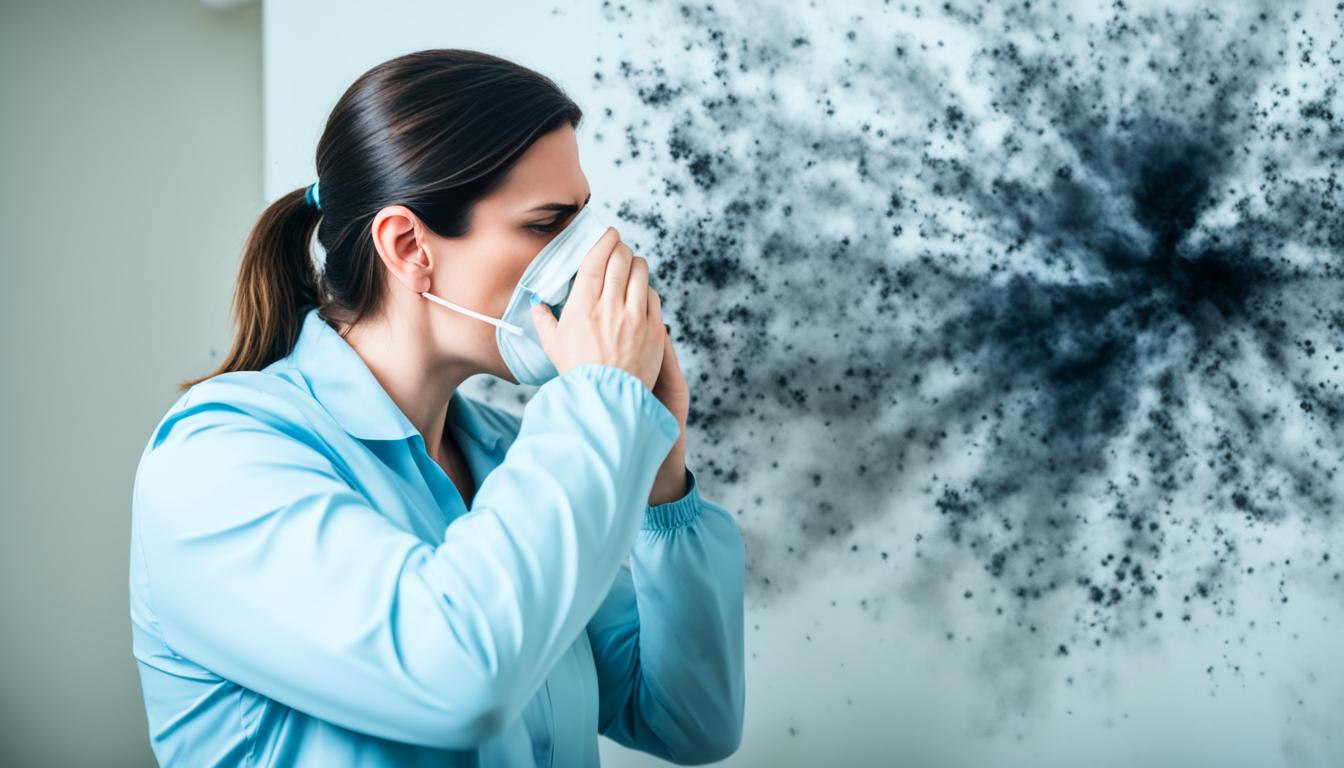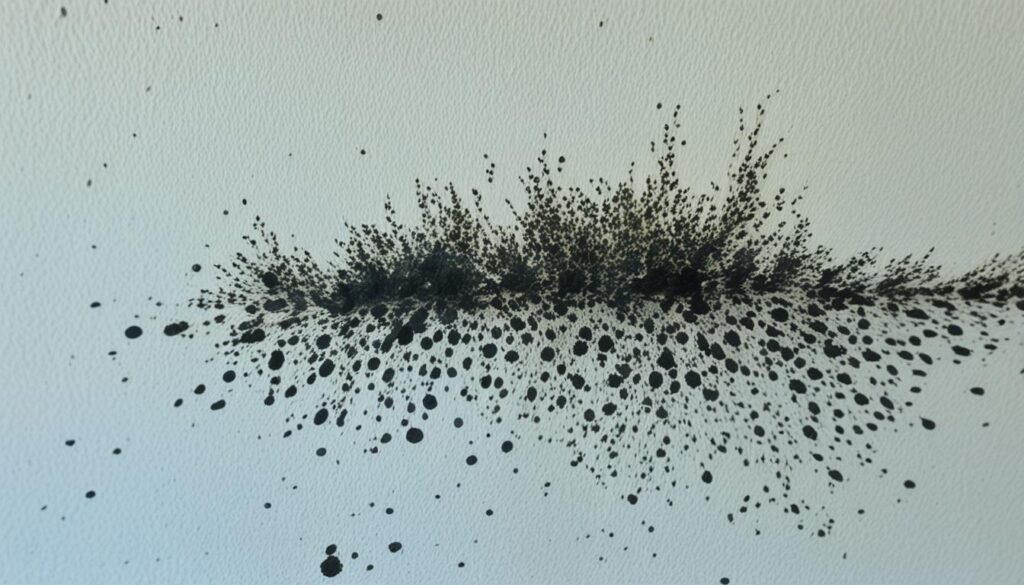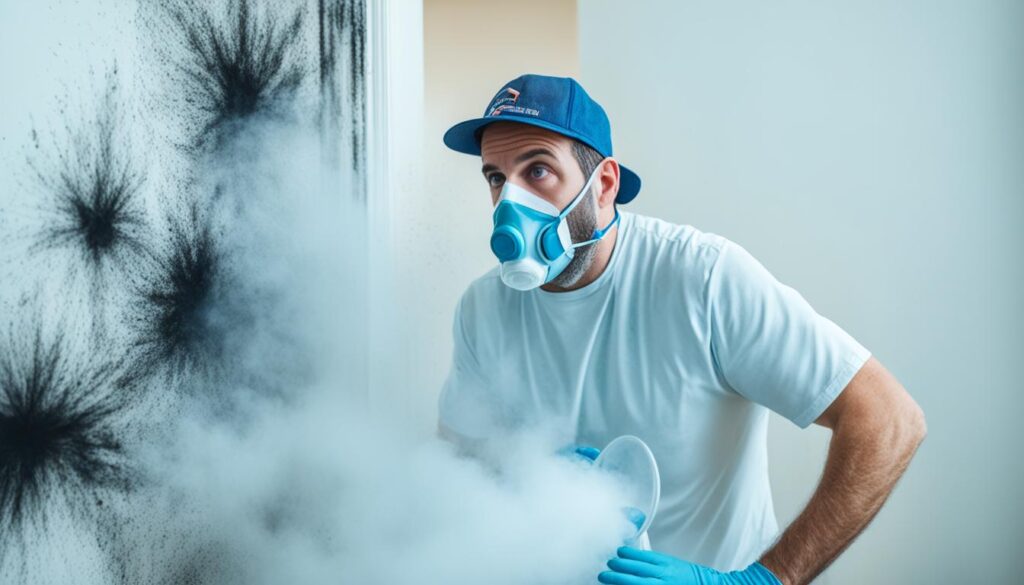
Black Mold Exposure Symptoms in Miami Residents
Living in Miami comes with its own set of challenges, including the presence of black mold in many homes and buildings. Black mold, also known as Stachybotrys chartarum, can have significant health effects on individuals exposed to it. In this article, we will explore the symptoms that Miami residents may experience as a result of black mold exposure and the importance of addressing these symptoms promptly.
Black mold exposure can lead to various health issues, especially for individuals with compromised immune systems or respiratory conditions. The warm and humid climate of Miami provides an ideal environment for black mold to thrive, making it essential for residents to be aware of the symptoms they may encounter.
If you suspect that you or your loved ones have been exposed to black mold, it is crucial to recognize the symptoms and seek medical attention. Prompt detection and intervention can prevent further health complications and ensure a healthier living environment.
Key Takeaways:
- Black mold exposure in Miami can lead to various health issues.
- Individuals with compromised immune systems or respiratory conditions may be more susceptible to black mold symptoms.
- Awareness and early detection of black mold symptoms are crucial for prompt medical intervention.
- Timely action can prevent further health complications and ensure a healthier living environment.
- If you suspect black mold exposure, seek professional assistance from experts like Fix Mold Miami.
Understanding Black Mold and Its Health Effects
Black mold is a type of fungus that can pose serious health risks to individuals exposed to it. It thrives in damp and poorly ventilated areas, making it particularly prevalent in humid regions like Miami. Understanding the basics of black mold and its potential health effects is crucial for protecting yourself and your loved ones.
Black mold, also known as Stachybotrys chartarum, appears as black or dark greenish patches and thrives in areas with high moisture, such as bathrooms, kitchens, basements, and crawl spaces. It grows on organic materials like wood, drywall, carpets, and insulation, feeding on the cellulose present in these materials.
Exposure to black mold can lead to a range of health effects, especially when the spores are inhaled or come into contact with the skin. These health effects can vary from mild allergic reactions to more severe respiratory issues. Common symptoms of black mold exposure include:
- Allergic reactions: Sneezing, runny nose, itchy or watery eyes, coughing, and skin irritation.
- Respiratory problems: Asthma attacks, difficulty breathing, wheezing, chest tightness, and persistent coughing.
- Headaches and fatigue: Individuals exposed to black mold may experience frequent headaches, fatigue, and difficulty concentrating.
- Other related symptoms: Nausea, dizziness, sinus problems, throat irritation, and immune system suppression.
It is important to note that the severity of symptoms can vary depending on an individual’s sensitivity to black mold and the duration and extent of exposure. Those with pre-existing respiratory conditions or weakened immune systems may be more susceptible to the health effects of black mold.
Addressing black mold exposure promptly is crucial to prevent further health complications. If you suspect black mold in your Miami home or experience any of the symptoms mentioned, seeking professional help is highly recommended. Expert mold assessments and remediation services can effectively identify and eliminate black mold, ensuring a safe and healthy living environment.
Protecting Yourself from Black Mold Exposure
In order to prevent black mold growth and minimize the risks of exposure, it is essential to address moisture-related issues in your home. Here are some preventive measures you can take:
- Maintain proper ventilation: Ensure adequate airflow in your home by using exhaust fans in bathrooms and kitchens and opening windows to improve air circulation.
- Keep humidity levels under control: Use dehumidifiers to reduce excessive humidity, especially in high-moisture areas like basements and bathrooms.
- Repair leaks and seepage: Promptly fix any water leaks, roof leaks, or plumbing issues to prevent moisture buildup and potential mold growth.
- Ensure proper insulation: Properly insulate your home to prevent condensation and dampness.
- Clean and dry water-damaged areas: After water-related incidents, such as flooding or leaks, thoroughly dry and clean affected areas within 24-48 hours to prevent mold growth.
By taking these preventive measures and being proactive in addressing any signs of black mold in your Miami home, you can protect yourself and your family from the health effects associated with black mold exposure.

Recognizing Symptoms of Black Mold Exposure in Miami
Miami residents who have been exposed to black mold may experience a range of symptoms that can have significant effects on their health. It is crucial to recognize these symptoms promptly and take the necessary steps to address the mold problem. In this section, we will discuss the common signs of black mold exposure and highlight the importance of seeking medical help.
Allergic Reactions
One of the most common symptoms of black mold exposure is allergic reactions. These reactions can manifest as sneezing, coughing, watery eyes, and a runny or congested nose. Some individuals may also experience itching or a rash on their skin. These allergic reactions occur when the body’s immune system overreacts to the presence of mold spores in the air.
Respiratory Problems
Black mold exposure can also lead to respiratory problems, particularly in individuals with pre-existing respiratory conditions such as asthma or chronic obstructive pulmonary disease (COPD). Symptoms may include difficulty breathing, wheezing, chest tightness, and coughing. In severe cases, black mold exposure can even cause lung infections or aggravate existing respiratory conditions.
Skin Irritation and Other Symptoms
Another symptom of black mold exposure is skin irritation. This may present as redness, itching, or a rash on the skin, especially in areas that come into direct contact with mold-infested surfaces. Some Miami residents may also experience other symptoms such as headaches, fatigue, dizziness, and difficulty concentrating.
It is important to note that these symptoms can vary from person to person and depend on various factors such as the duration and intensity of exposure. If you suspect that you or your family members are experiencing symptoms related to black mold exposure, it is crucial to seek medical advice promptly.
“If you suspect that you or your family members are experiencing symptoms related to black mold exposure, it is crucial to seek medical advice promptly.”
Image:

Conclusion
In conclusion, recognizing and addressing black mold exposure symptoms in Miami is crucial for the health and well-being of residents. The potential risks associated with black mold can have significant impacts on individuals, leading to allergies, respiratory problems, and other related issues.
To effectively address this problem, it is essential to seek professional mold assessments. These assessments can identify the extent of the mold growth and provide valuable insights into the necessary remediation measures. Prevention is equally important in mitigating black mold exposure, as it helps to minimize the chances of mold growth and subsequent health effects.
For Miami residents facing black mold issues, Fix Mold Miami is a trusted resource. With their expertise in mold assessment, prevention, and remediation services, they can assist individuals in safeguarding their health and creating mold-free environments. To reach out for assistance, contact Fix Mold Miami at [phone number] or email them at [email address]. Don’t let black mold go unnoticed – take action today for a safer tomorrow.




